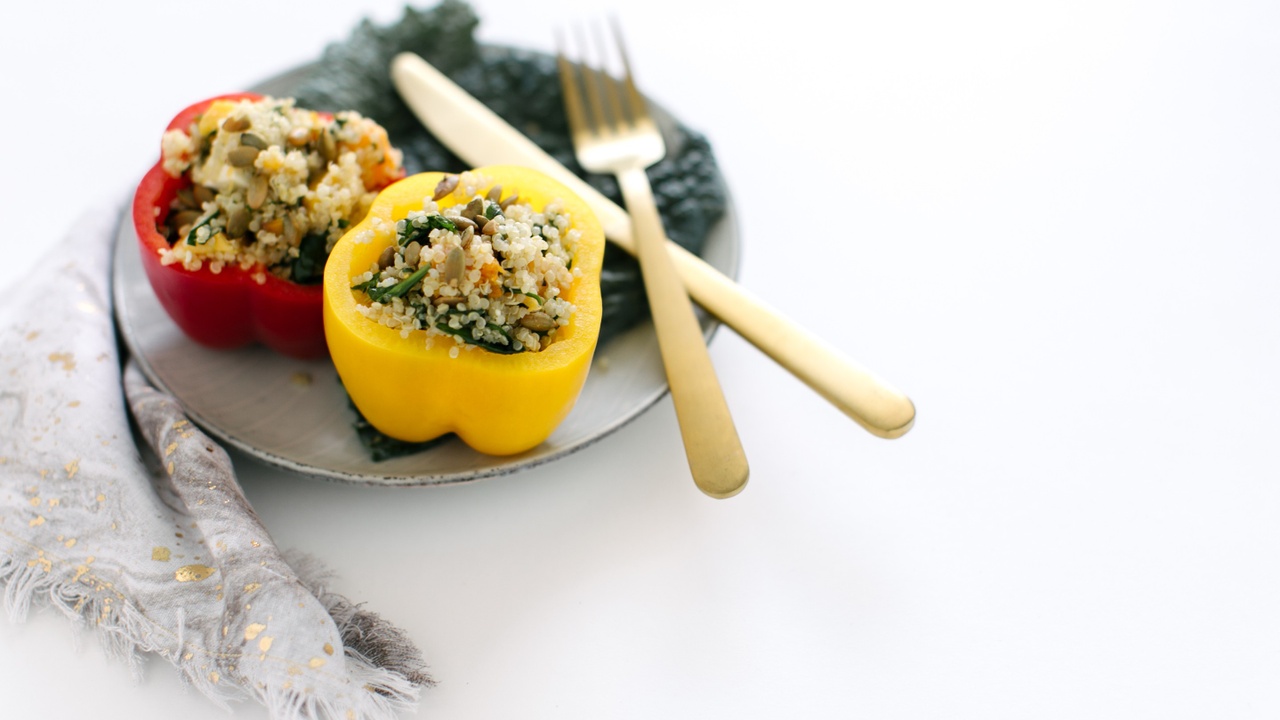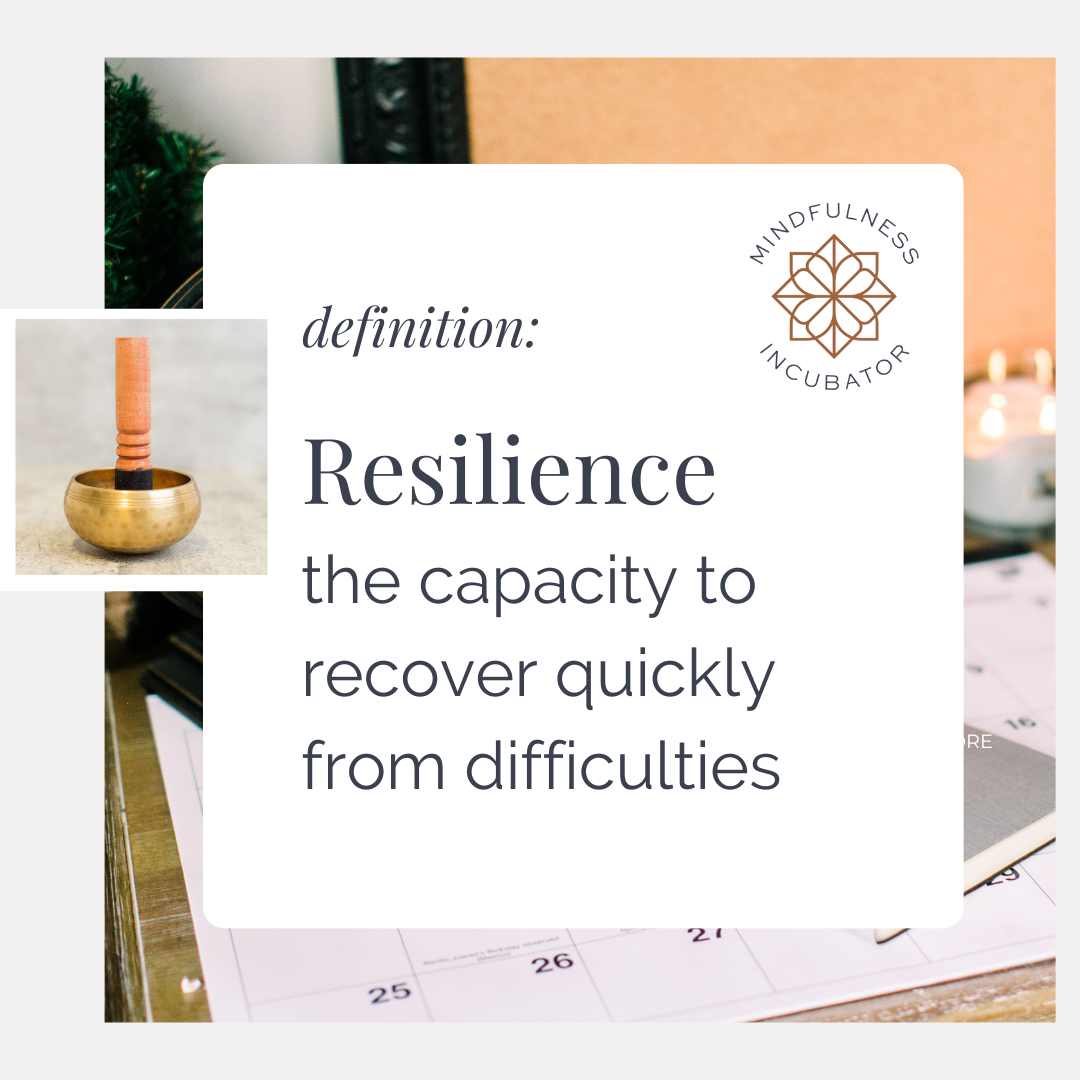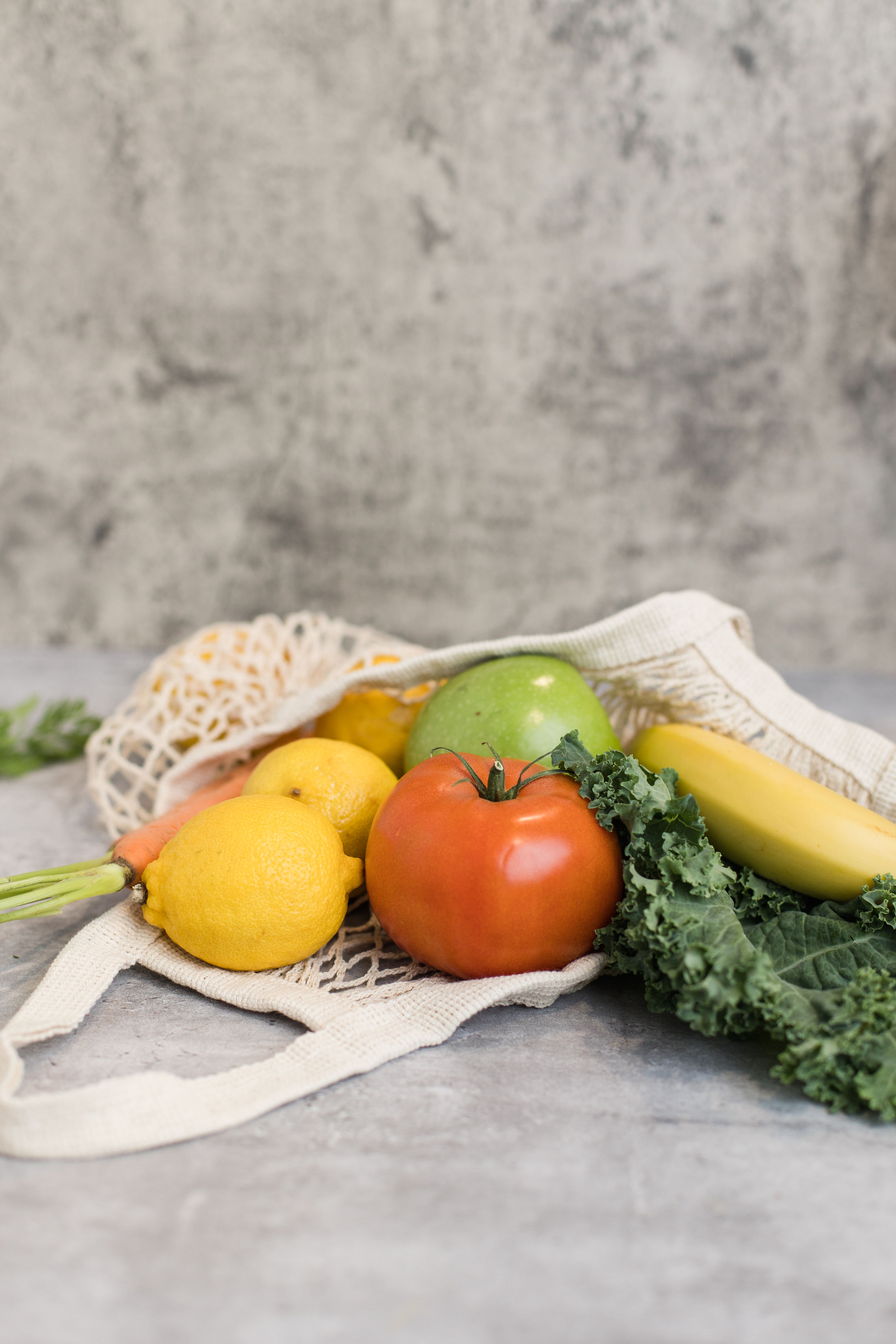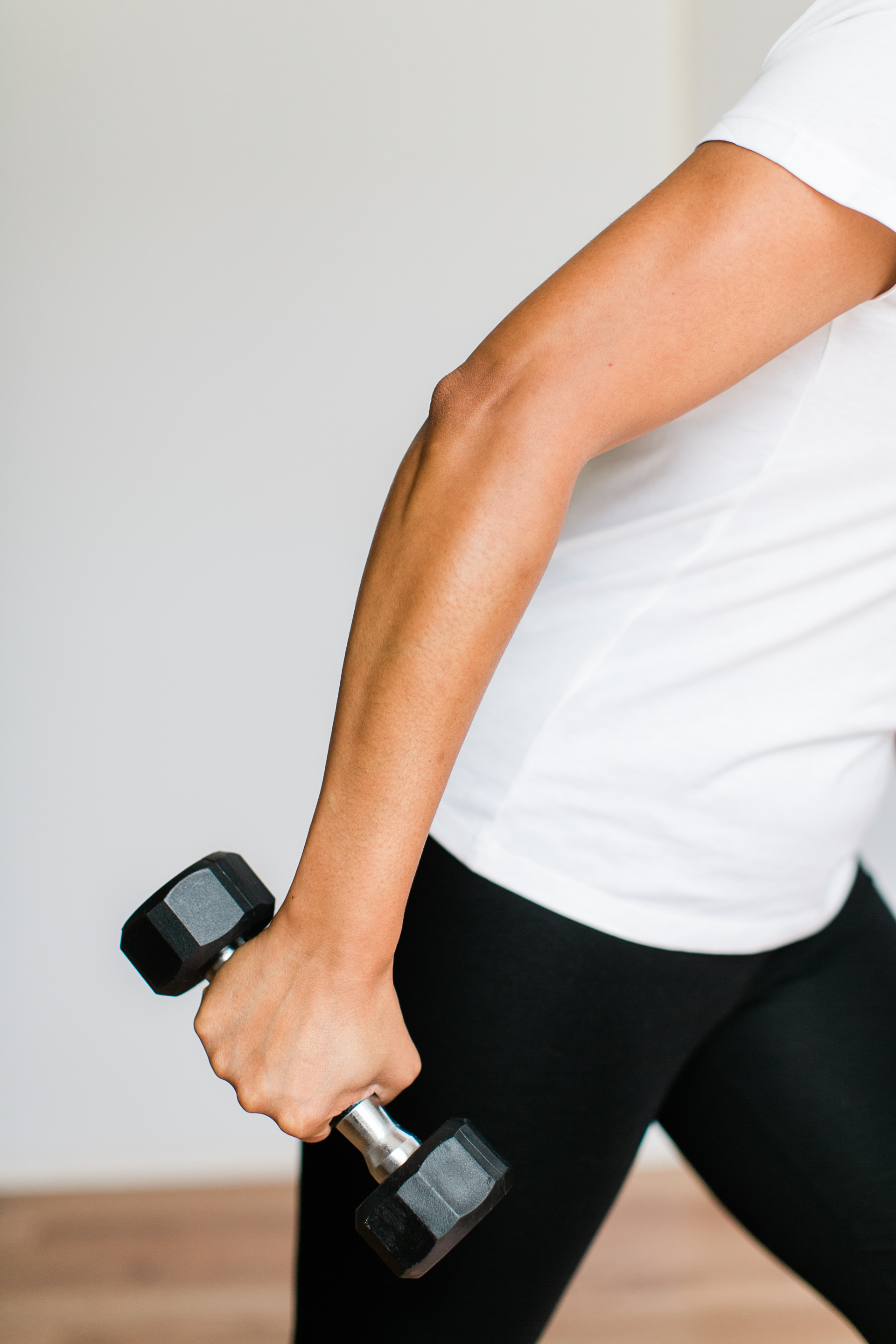Resilience 101 - Physical health: food, hydration, sleep and movement
Sep 11, 2022
We are delighted to share our fifth post of the Resilience 101 Series, featuring different skills and practices that you can build to increase your resilience. If you missed any of them, make sure you check them out:
- Resilience 101: Journaling as a coping and inspiration tool
- Resilience 101: Meditation as a Resilience Practice
- Resilience 101: Goal Setting and Mindset
- Resilience 101: The Power of Social Connections

Resilience is defined as the capacity to recover quickly from difficulties; toughness.
Today’s blog focuses on the importance and impact of physical wellbeing.
The science of physical health for resilience
Research consistently validates the positive impact of physical health on resilience: “Physical fitness is one pathway toward resilience because it is associated with many traits and attributes required for resilience.” There are many factors that inform your physical health, we’ll focus on a few in this post:
- The quality of your diet, as well as your hydration
- How often, how much, and how you move
- The quality and quantity of your sleep
We're focusing on the categories of diet, movement and sleep because for most of us, improving these will really move the needle on overall physical wellbeing. And, the great news is that we can all make positive changes to improve our physical health, and therefore our resilience. What specific actions can you take? Glad you asked...

Improve your eating and drinking habits
Add fruits and vegetables - There is really compelling research that increasing your fruit and vegetable intake is linked to reduced mortality. “Eating an average of five servings per day was associated with a 13% lower risk of death than eating only two servings per day.” If you want to up that produce, here are a few tricks to sneak in more servings:
- Smoothies are a great way to pack in fruits and vegetables. Find a smoothie recipe you like, and have it as a meal or a snack.
- Plan a big salad or veggie loaded soup as your lunch. If you’re eating out, choose a side salad instead of fries.
- Veggie-up your favorite dishes. Add fresh baby spinach to your soups, sneak butternut squash in your mac & cheese, swap your rice for cauliflower rice.
- Top your desert with fresh fruit. Add sliced strawberries to your ice-cream or yogurt.
- Choose a plant-based snack - an apple with peanut butter, a banana, cucumbers and dip.
Hydrate - Some research suggests that 75% of americans are chronically dehydrated, causing fatigue, brain fog and more adverse impacts. With great hydration comes greater resilience! Here are some tips to enhance your hydration:
- Drink a glass of water as soon as you wake up, before coffee or tea.
- Have a glass of water as an appetizer for any other beverage (such as a soda, juice, or a beer)
- Make your water taste great by slicing up fresh fruit, or trying fun flavorings (like electrolyte powders!).
- Carry a bottle of water with you whenever you’re out and about.

Improve you Sleep
“The answer to less stress, higher resilience, better brain function, and improved wellness is 7-9 hours of quality sleep—every night.” - Source
Sleep is a fascinating domain, and if you’re curious about it’s enormous impact on your wellbeing, pick up “Why We Sleep” for a much more in depth exploration of why this matters. Here are a few strategies for improving your sleep:
- Establish a sleep routine - create an evening routine that prepares you for restful sleep. You might consider a white noise machine, a particular scent you find relaxing (like Lavender), and completing a sleep meditation or some deep breathing before bed.
- Avoid electronics, stressors, and work for two hours prior - exposure to blue light from a television or mobile phone can keep you wired longer than you’d like, and even postpone getting into quality sleep cycles. It’s best to put the devices away well before you go to sleep.
- Get some feedback - There are some incredible sleep tracking tools (we love Oura) that will help you understand the length and quality of your sleep. These trackers also serve as a fabulous biofeedback tool, allowing you to understand how different habits impact your sleep.
- Skip the uppers and downers - If falling and staying asleep is a challenge, experiment with reducing your caffeine intake (and cutting it off earlier in the day), and skipping alcohol for a few nights. This is especially interesting if you’re tracking your sleep cycles, see what happens!
Improve your Movement
Exercise impacts anxiety and depression, as well as our resilience. Some researchers have found that as little as 10 minutes of exercise can reduce anxiety significantly. Moving most days helps keep our minds and bodies healthy. Here are some tips to boost your movement:
- Go for a walk - Put on some comfortable shoes and walk for a brisk pace.
- Make your meetings work for you - try a walking 1:1. If you have access to a stationary bike or treadmill, take meetings while slowly moving.
- Take a guided class - High Intensity Interval Training can be super effective, and you can find tons of videos on YouTube.
- Try a guided program - Peloton has a low cost app that includes many guided programs. Check out Forbes' top ten apps for fitness. Many offer cardio dance, HIIT, Bootcamps and more, and you can often filter for no equipment needed workouts.
- Flow - A Yoga Flow or Power Yoga Flow can be a great way to move. DownDog is a free app that allows you to customize your flow. YouTube also has an abundance of Yoga classes on-demand.
- Do it together - Join a team or a club that meets to move. Working out with others can help you be accountable.
- Set a goal/do it for a cause - There are a few nonprofit organizations that provide training programs, coaching and support for specific events in exchange for fundraising for a cause (like Team in Training, which raises money for blood cancers). The combination of a team to train with, a specific event and a great cause can be a powerful nudge.
Your challenge - create an experiment
Your investments in your physical wellbeing are important in so many ways. Resilience is just one of the many facets of why time and energy spent on your physical health matters so much. You might feel like you are nailing certain aspects of physical wellbeing. Perhaps your sleep is excellent, or your nutrition is on point. Maybe you are very active, or hydrate ideally. Congratulate yourself for what you’re doing well!
Where do you want to focus next? What do you think has the biggest opportunity for improvement? Your challenge is to design an experiment with some small interventions you can try for a predetermined amount of time.
We’ve mentioned in a prior post our love of experiments. When it comes to trying something new or making changes, starting with an experiment is the way to go. An experiment takes off the pressure of doing something new in perpetuity. It gives you explicit permission to adjust if what you’re trying isn’t working for you. The goal isn’t for you to add things that don’t truly help. Experiments allow you to try things without the pressure.
What will you try? Let us know!
Want a nudge to be more mindful? Grab the Mindful in 5 Phone Wallpaper!
Never miss a post!
Get notified anytime we have something new.
We hate SPAM. We will never sell your information, for any reason.



